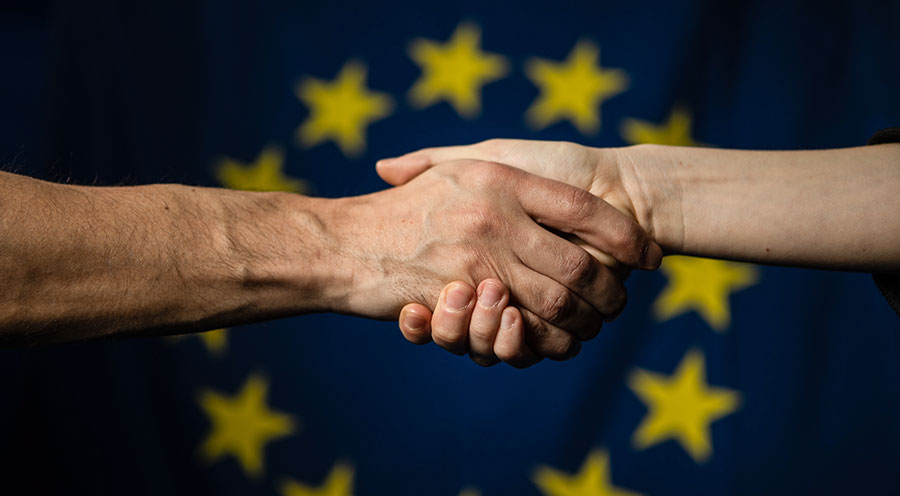The EU will continue to provide assistance to help prepare partners for future membership of the European Union and support their accession process. The Council agreed its position on the draft Regulation establishing the Instrument for Pre-accession Assistance (IPA III) for the period 2021–2027.
The agreed text does not cover financial and horizontal issues, which will depend on the overall agreement on the next multiannual financial framework. The European Commission proposal suggests an overall budget for the programme of €14.5 billion for the period 2021-2027.
Pre-accession assistance supports the beneficiaries in adopting and implementing key political, institutional, social and economic reforms to comply with EU values and to progressively align to the EU’s rules, standards and policies.
The text of the regulation focuses on the following key elements:
A focus on “fundamentals first” – The partners which aspire to join the Union have to comply with some core criteria (the ‘Copenhagen criteria’). These criteria focus on the rule of law and fundamental rights, economic governance and the strengthening of democratic institutions and public administration.
Greater impact through increased coherence – The instrument will ensure coherence and complementarity with the new Neighbourhood, Development and International Cooperation Instrument (NDICI). It will also increase synergies with EU internal policies in a number of key areas such as migration, research and innovation, environment and climate action, transport and energy connectivity.
A balance between performance, and fair share and predictability of assistance – The agreed text strikes a balance between promoting performance and ensuring a fair share of assistance and predictability for the beneficiaries. At the same time, the text also refers to the possibility of reducing proportionately and redirecting such assistance in cases of regression or persistent lack of progress of the beneficiaries. It is also recalled that such reductions could be reversed in cases where progress on reforms resumes.
This agreement opens the way for the Presidency to begin negotiations with the next European Parliament.




